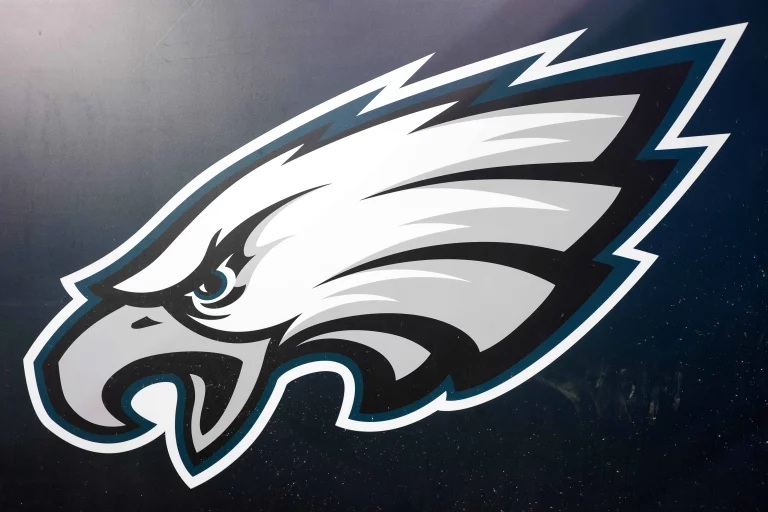ANZAC Day marks 110 years since the landing of the Australia and New Zealand Army Corps at Gallipoli, Turkey. That campaign, to gain control of the sea straits known as the Dardanelles, was a disaster and marked Australia’s entry into the tragedy of WWI.
ANZAC Day was commemorated on the first anniversary in 1916 by the surviving soldiers, in a march past in London and a day of sport and games. Over time, commemorations on April 25 have expanded to include other battles and wars, not just Gallipoli, and the armed services of other countries, not just Australia and New Zealand.
It is a day of commemoration, not a celebration. Foremost, it is to remember and honour those who have died in service to their country, and all others who have served in the Defence Forces, in war and in times of peace.
As sports fans, and football fans in particular, it’s fitting that we honour former football players who have served in war, many of whom have died for their country.
Before they fade from our memory, it’s timely to remember those who served over 100 years ago.

Australia and New Zealand have battled for the Soccer Ashes after they were recovered in 2023. (Photo by Ryan Pierse/Getty Images)
Frederick Doodson was a 19-year-old wharf labourer from Redfern who played for the 1914 Sydney premiers, Pyrmont FC. Called “sturdy” and “popular” in press reports, he was wounded early in the Gallipoli campaign. No details are recorded other than he died at sea, aboard a hospital ship on April 28, age 19.
Kogarah district football teams wore black arm bands and black and white vertical striped shirts to commemorate Frederick’s life.
Frederick’s older brother Walter was also wounded at Gallipoli, in August 1915. He was repatriated home to Australia and survived.
Sadly, their older brother Charles was not so lucky. He died of wounds in France in May 1917.
Johnny Peebles played for Australia (cap No.22) and was another of three brothers who served in the AIF. They were from Brisbane’s inner north (Windsor) where John played for Thistle FC, and later Bulimba and Pineapple Rovers. He was a striker, which he boldly stated as his occupation on his enlistment record.
The brothers played together for AIF teams, most notably in a benefit match against Brisbane in April 1916 at the Gabba ground. Johnny scored in the 2-0 win.
Private John Peebles served in the Medical Corps in France and Belgium 1916-1918 and survived the war. He became manager of the Queensland representative team and later chairman of the Queensland FA. After his death in 1947, the Brisbane and Ipswich district associations donated a Johnny Peebles Memorial Cup, played for in the state leagues.
John Peebles’ younger brother Joseph also served in the Medical Corps in France and survived, though he suffered trench fever and was repatriated home early. Their oldest brother, James Peebles was killed in action in Belgium in June 1917, leaving behind a wife and young son.
Billy Acres, nickname Frenchy, is noted in at least one press report as “the best winger of his time”. He played for Corrimal on the NSW south coast, and for the state side where he was admired for his “speed, ability and pluck”.
He arrived at Gallipoli on 18 August 1915, during the disastrous August offensive. He was wounded ten days later with a gunshot wound to the face, and other injuries to his neck and internals.
A new era of the UEFA Champions League is here, only on Stan Sport.
Permanently disabled, Billy Acres was repatriated home for discharge. Sadly, he died of his wounds on 18 January 1918, age 26.
William Arthur Fisher, a bookkeeper in civilian life, was born in Liverpool and joined the AIF in Brisbane in September 1914 as an infantryman. He was wounded at Gallipoli on ANZAC Day, 25 April 1915 with gunshot wounds to the arm and leg.
His razor case, which he carried and presumably used at Gallipoli, would later hold the recently rediscovered Soccer Ashes, contested between Australia and New Zealand through to 1954. Private Fisher never fully recovered from his wounds. He was invalided home to Australia for discharge in December 1915. He became manager of the Queensland FA.
Many other footballers and men and women from other sports have served their country, in WWI and the numerous other wars in which Australia has been involved, and also in peacetime.
These servicemen and women don’t start wars. They serve their country, mostly as volunteers.
It’s right that we remember them and honour them on ANZAC Day.
Lest we forget.
Author note: Lionheart, aka Graham O’Brien, served in the permanent RAAF for 25 years, and 12 more on the Reserve. He researches and writes military history, loves his wife and growing family, and is a Brisbane Roar fan.







